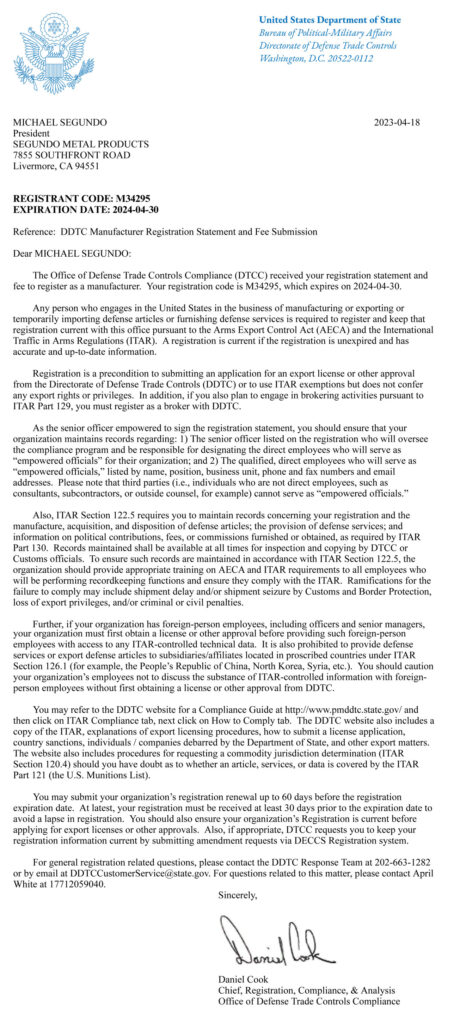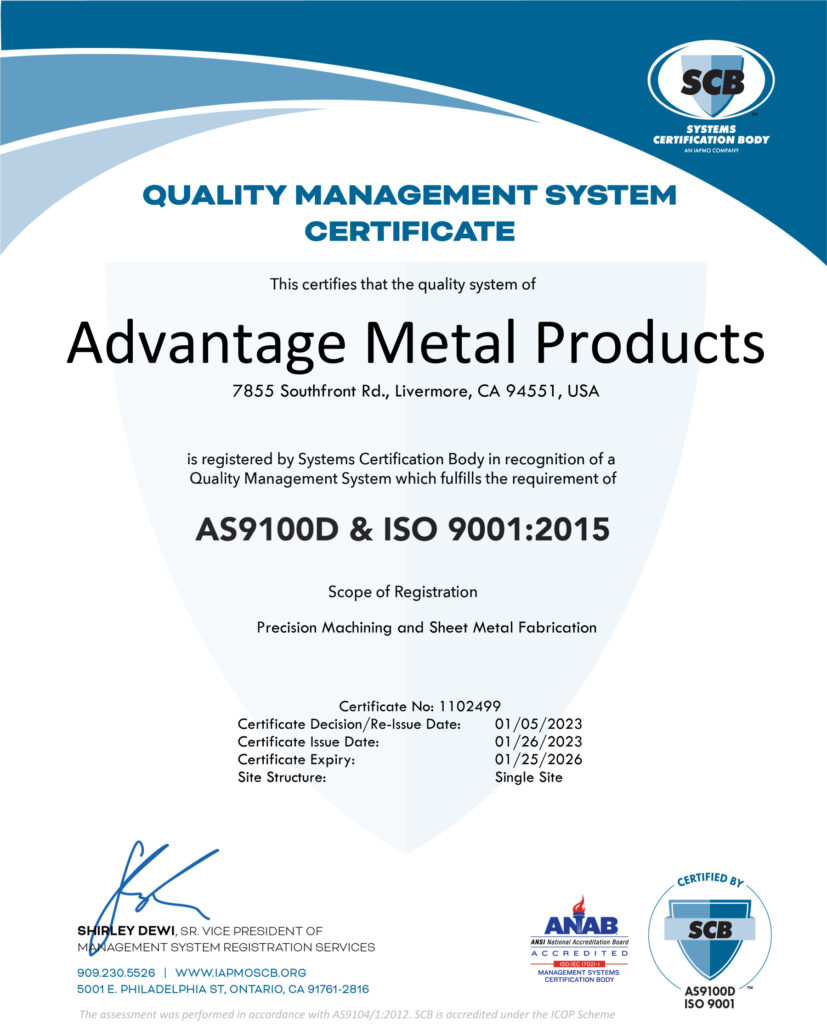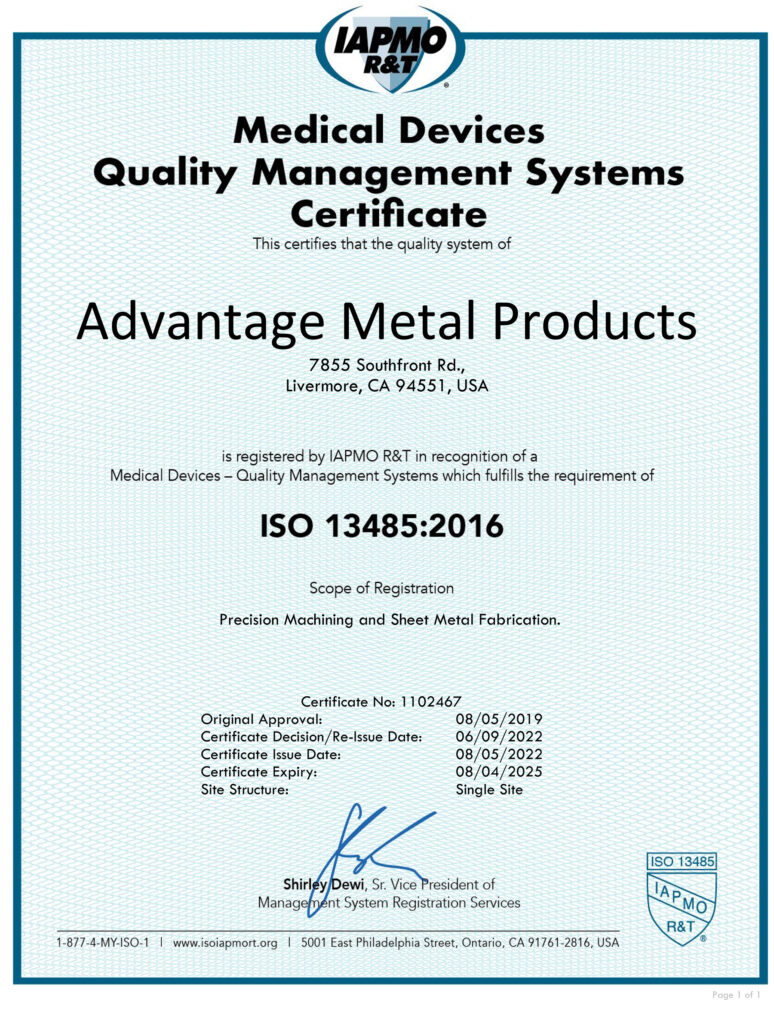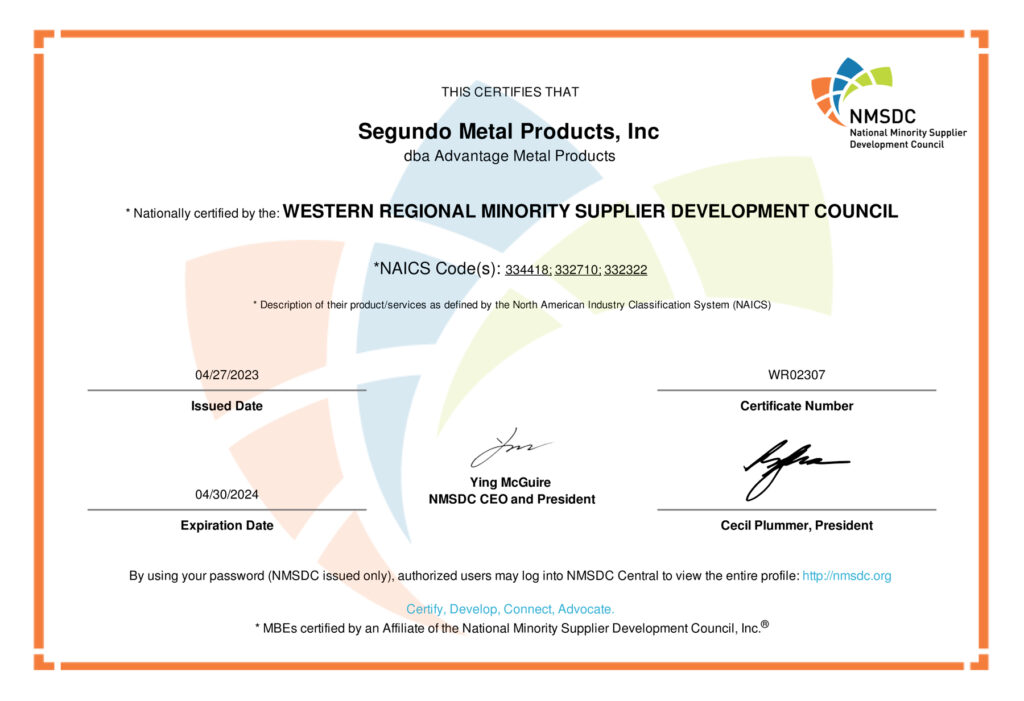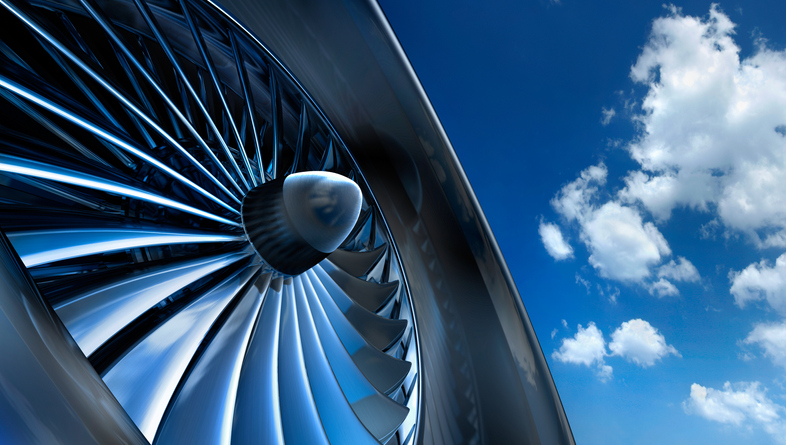
Of all aerospace applications, those related to engines are likely the most complex and demanding. Airplane pilots and operators rely on engines for flawless performance in functionality for things like thrust generation, fuel combustion, and heat management. On top of that, engines need to be able to withstand the incredible demands of everyday use, including landing, take-off, and exposure to extreme environments. By extension, the engine components need to be able to withstand these same demands. That’s where aerospace parts manufacturing comes in.
Aerospace Parts Manufacturing at a Glance
The role of metal parts in jet engines cannot be understated. In general, aerospace parts manufacturing involves the production of critical components such as:
- Turbine blades and vanes
- Compressor blades and vanes
- Combustion chamber liners
- Nozzles
- Bearings and shafts
- Engine casings
- Heat Exchangers
- Fasteners
- Fuel system components
And many more. In each component, precision and performance are absolutely critical. Each of these parts perform functions or contribute to systems that support the function of the entire jet plane. Understandably, a great deal of expertise and high-level capabilities are required for aerospace parts manufacturing.
Materials Selection in Aerospace Parts Manufacturing
Material selection is important for any component, but it’s especially critical in aerospace parts manufacturing. The choice of material directly impacts factors such as strength, weight, heat resistance, durability, and overall performance. And while a variety of materials are used in aerospace metal parts, not every material is well-suited for every application.
For instance, titanium is one of the most commonly used materials in aerospace parts manufacturing. Known for its superior strength-to-weight ratio and corrosion resistance, it’s ideal for parts like compressor blades, casings and structural parts. However, it may not perform well in high-temperature combustion chambers or turbine blades for supersonic or hypersonic engines.
This is why manufacturers turn to a variety of materials for aerospace components depending on the need of the applications. Some of these materials include aluminum, steel, nickel-based superalloys, maraging steel, and cobalt-based alloys, to name a few.
Metal Manufacturing Processes for Aerospace Engine Components
Casting
Casting is the process of pouring molten material into a mold so it can solidify into the desired shape. In aerospace parts manufacturing, casting is commonly used for producing complex, large, and near-net shape parts such as turbine blades. For more intricate components, manufacturers may utilize investment casting, which allows for parts with thinner walls and tighter tolerances.
Machining
Machining involves removing material from a workpiece using cutting tools to achieve the desired shape, surface finish, and dimensions. With extremely high levels of precision and control, machining is ideal for producing engine parts like fasteners and shafts, where tight tolerances and extreme precision are critical.
Forging
When forging, manufacturers apply compressive forces (typically by hammering or pressing) to create strong, durable parts. Forged parts generally exhibit excellent strength, grain structure, and fatigue resistance.
Fabrication
Fabrication is a general term in metal manufacturing, but it generally involves assembling, cutting, welding, and bending metal sheets, tubes, or profiles to create complex structures and components. With flexibility in design and material choice, fabrication is an ideal manufacturing solution for engine frames.
Additional Operations
In aerospace parts manufacturing for engine components, additional operations like heat treatments, specialized coatings, and surface finishings enable manufacturers to fine-tune parts that are uniquely suited for certain applications. Heat treatments are essential for enhancing the mechanical properties of turbine discs and compressor blades, for example. Surface finishing processes like shot peening and polishing may also be applied to improve the fatigue resistance and surface quality of components like gears and shafts. And specialized coatings like thermal barrier coatings (TBCs) and corrosion-resistance coatings help protect parts from environmental factors.
Quality Control in Aerospace Manufacturing
Quality control is paramount in aerospace parts manufacturing. The right measures help ensure safety, reliability, and long-term performance of jet engine components. Quality control also plays a vital role in ensuring compliance with industry standards. Some of the most important factors in aerospace parts manufacturing quality control include:
Inspections, Testing, and Documentation — Inspections, testing, and documentation help verify that aerospace engine parts meet design specifications and regulatory requirements.
AS and ISO Compliance — Compliance with standards like AS (Aerospace Standard) and ISO (International Organization for Standardization) is critical in aerospace manufacturing. These standards provide guidelines for quality management systems, materials, processes, and documentation.
Precision and Tolerances — Precision machining and adherence to tight tolerances contribute to the overall performance, efficiency, and durability of engine parts. This, in turn, helps support optimal fuel efficiency, power output, and engine longevity.
Automation Systems — Automation systems, such as CNC machining, process monitoring, and robotics can significantly reduce the likelihood of defects, leading to high-performing and safer jet engines.
Trust Advantage Metal Products with Your Aerospace Parts Manufacturing
At Advantage Metal Products, we’ve been trusted partners in aerospace parts manufacturing for more than 30 years. Our ISO- and AS9100D-certified metal shop is located in the state of California. Equipped with the latest in state-of-the-art manufacturing and automation technologies, we deliver high performance metal components for critical applications through our fabrication, machining, assembly, and additional services.
Ready to partner with a metal manufacturer that works as hard as you do? Contact our team today to get started.

